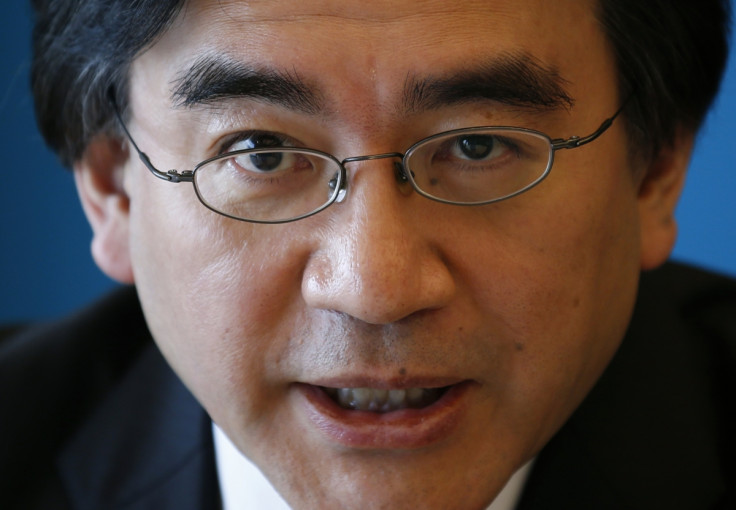E3 2014: Reports of Nintendo's Death Have Been Greatly Exaggerated

Try to think of Nintendo as a manufacturer rather than simply a game developer. Yes, it took a hit over the Wii U, but thanks to the titles it revealed at E3, it's now set to recoup its losses.
It's like a car company. Nintendo might not be making much off of its vehicles, ie the Wii U, but the parts and peripherals – all the Mario, Yoshi and Zelda stuff it'll launch over the next year – will level the balance sheet out. Nintendo makes money not just from games but clothing, figurines, bags and other merchandise.
By hammering on the key franchises, it's secured a financial future.
So, although you could criticise the company's E3 web conference for lacking surprises, it was a smart show. All the boxes were ticked. The aforementioned cornerstone game series all got new additions and there were a couple of Wii U exclusives: Bayonetta 2 and Devil's Third.
Those two games might still not be enough to up Wii U sales, but again, look at the bigger picture. Nintendo clearly has a handle on the gaming press and knows that even if Bayonetta and Devil's aren't going to be console-shifters, they're at least enough to stymie the flow of bad publicity, to answer the naysayers who complain the Wii U has nothing to offer to non-Mario fans.
For the forseeable, any written analysis on how the Wii U is doing will have to include a mention of those two titles, giving the console back a bit of credibility.
Lighting a fire
Nintendo is in no danger, basically. In fact, it's in periods like this that the company really shines. The last time it was backed into a corner, following the disappointing response to the Gamecube, Nintendo went through a total re-evaluation and ended up launching the original Wii, which went on to become the best selling console of the last generation.
Similarly, now that the Wii U is looking like a flop, Nintendo is going all out, feeding its fans a brand new (and amazing looking) Zelda game along with sweet and cheap extras like Mario Maker.
Nintendo under duress is the best Nintendo. If the Wii U failed for one reason, it's because the company got complacent - it tried to repeat the success it had attaching a novel controller to low-end console. Now it's hitting back. If E3 shows one thing, it's that a fire has been lit under Nintendo's collective arse.
Relaxed and charming
And of course the show was nicely put together. Company president Satoru Iwata has the amazing gimmick of seeming like an actual human being and in the wake of the other big shows (Sony, Microsoft, EA and Ubisoft all went on before Nintendo) Nintendo's calm little web conference felt relaxed and charming.
Publisher's marketing budgets are now bigger than ever. Warner Bros. Interactive, for example, has built a full-size Batmobile to promote the upcoming Arkham Knight. Last year, Ubisoft constructed a whole pirate ship for Assassin's Creed 4.

Gaudy and expensive is the name of the game among big companies right now, so the fact Nintendo chooses to eschew all that, and not even spend money on a show live from E3, is refreshing. It's a massive corporation, but like Innocent Smoothies, Ben and Jerry's and Lush beauty products, it still manages to speak directly, or appear to speak directly, to the consumer.
It's all a masquerade of course – like any multi-national, Nintendo wouldn't pee on your gums if your teeth were on fire – but the image is at least reassuring. It makes for a nice change.
Restocking the coffers
So, in summary, Nintendo couldn't have played it better this year. It harped on the big hitters, it gave the pessimist press something to chew on and it made a point of setting itself apart from the other big companies.
Plenty have argued that Nintendo isn't even playing the same game as Sony or Microsoft any more, that it's a different beast, which can't be categorised as belonging to any particular industry. That's not exactly true – the concrete line-up of major IP prove Nintendo still considers games its bread and butter – but there is definitely a sense that it has given up competing, at least directly.
Perhaps Nintendo is just biding its time, restocking the coffers with a few guaranteed hits while it works on a new console that it hopes will top the market. Or maybe it's given up on the living-room, and it's going to move its major software over to handheld machines, where it's always held sway. Either way, it isn't going anywhere.
© Copyright IBTimes 2024. All rights reserved.






